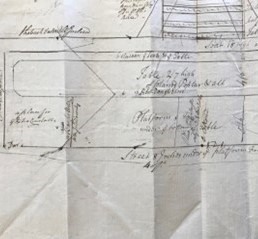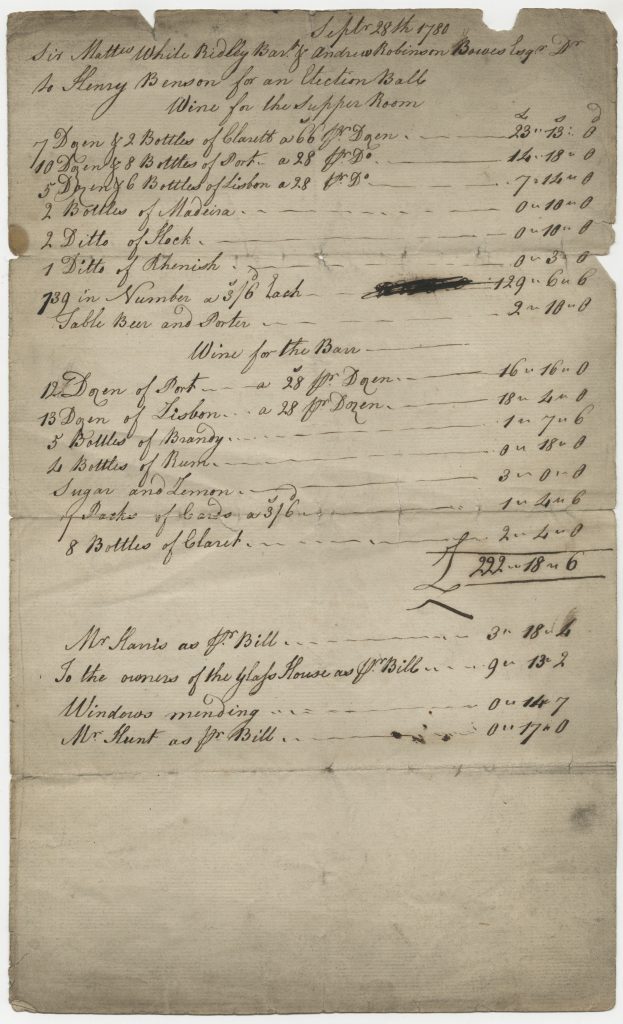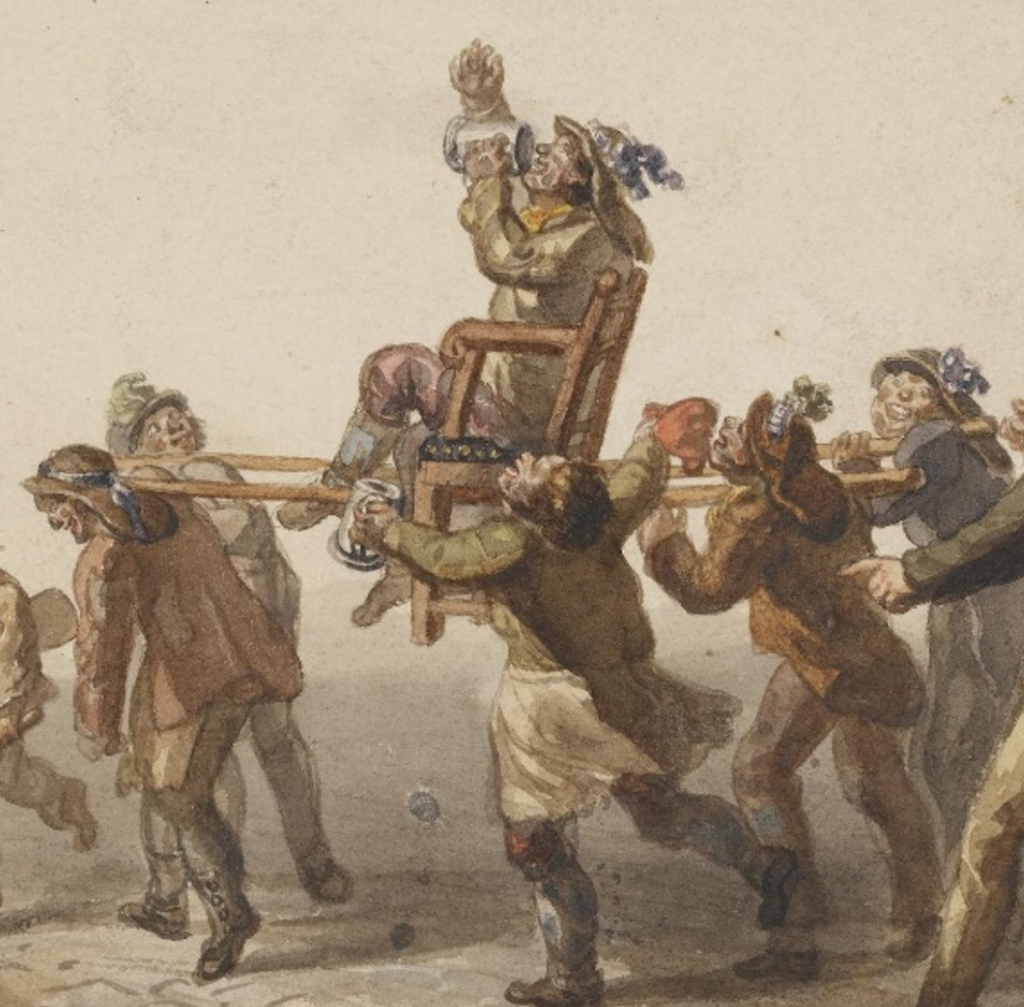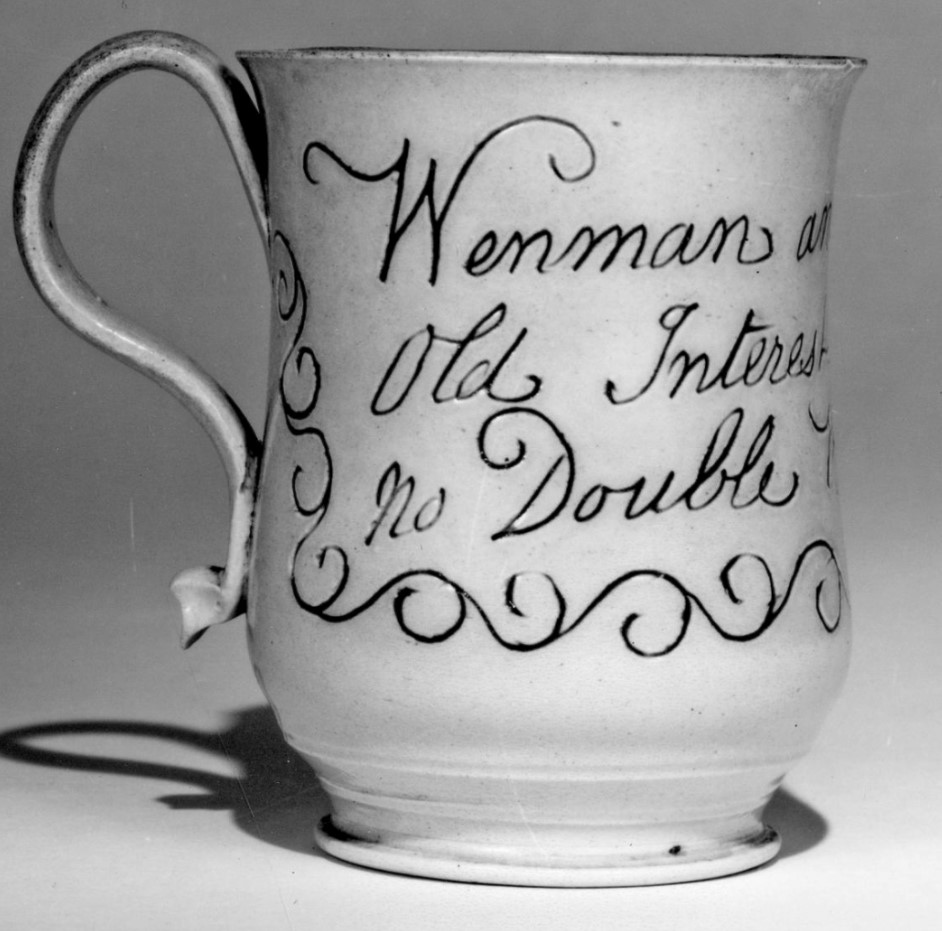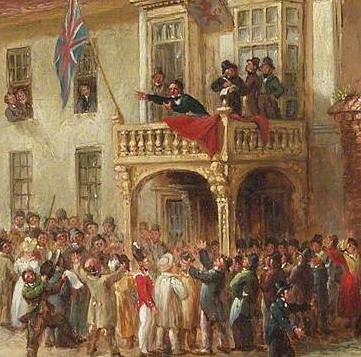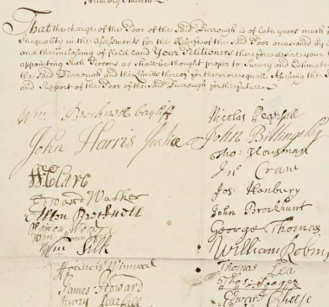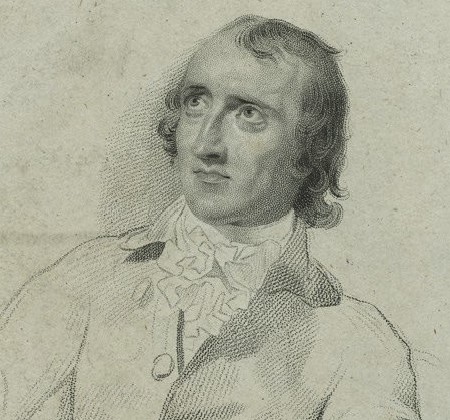Tracing the history of the kiss as symbolic gesture and campaign strategy [10-minute read] Eighteenth-century elections were rumbustious affairs that revolved almost exclusively around local issues and local personalities. Despite the fact that many contests never went all the way to a poll, there were few seats that were totally secure. Election contests frequently involved […]
Kisses for Votes

